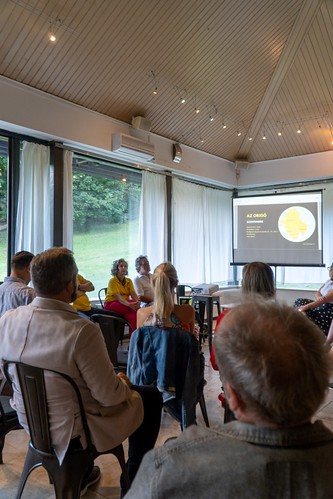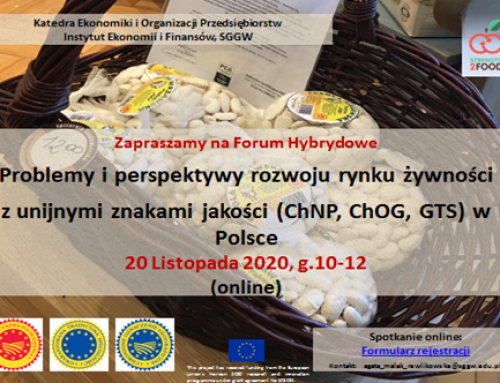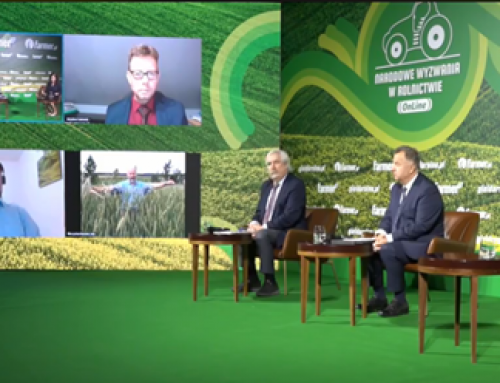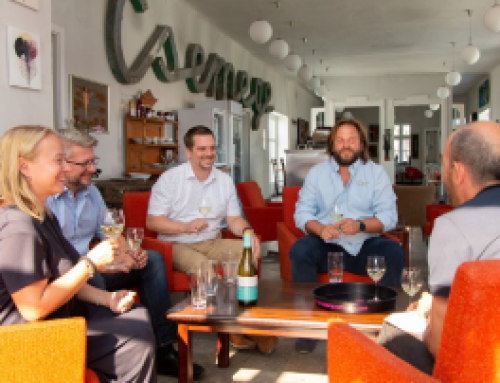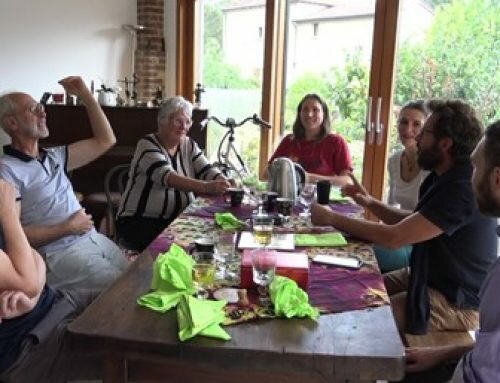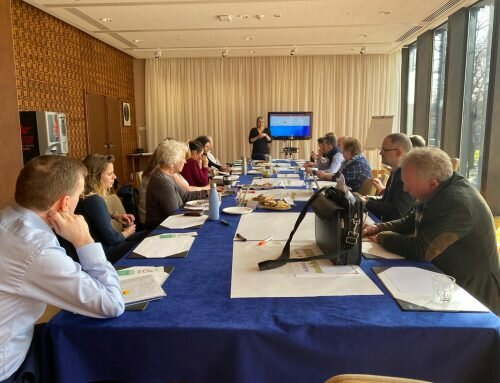Three Strength2Food hybrid forums were organised in Hungary in three different geographical locations throughout the country (1st HF: Szekszárd – South-Transdanubia; 2nd HF: Szentendre – Dunakanyar (Danube Bend) region, near Budapest; 3rd HF: Káptalantóti – North-Balaton region), in order to get the broadest possible perspective and representation of ideas. The focus was placed on getting to know the current situation of regional product quality trademarks and their application, and learning about the local producer/consumer food supply chain cooperation while promoting local cooperation.
The second HF took place in Szentendre and was focused on the Dunakanyar (“Danube Bend”) region, which lies directly North of Budapest. The proximity of the river Danube, its forests rich in wild game, and its fertile agricultural and viticultural fields make this region an ideal source of quality food products. In addition to the ideal geological and climatic conditions, the region attracts a large number of domestic and foreign tourists, especially thanks to its natural beauties and thermal springs
In the respect of the COVID-19 restrictions and measures, the hybrid forum was promoted primarily through online social media channels, but posters and personal referrals were also used. All the experts who had been invited accepted to participate in the event, which was virtually attended by many people from the public forum as well. The head of the local tourist centre, the chief operating officer of a large hotel chain in the area, a local winemaker, the founders of the local online producer webshop and the head of the organization bringing together small farmers in the area kindly participated in the event as experts in the field.
During the kick-off session, the quality trademark presentation that had been previously introduced on the occasion of the Szekszárd forum was introduced to the participants and followed by a presentation of the local online food marketing company.
As far as local quality trademarks are concerned, the participants were strongly divided on the applicability of Western European best practices to small areas in Hungary. The general statement was that ‘trademark is worth only as much as it protects’. Despite this, the participants agreed upon the current lack of a uniform local product mark and recognised the need to have one. However, the lack of an initiator/coordinator’s capacity to facilitate the development of such an initiative seems to be the main obstacle.
The consultation of some experts on local agricultural product distribution chains demonstrated that, besides the presence of multinational discount multi-chains (e.g. Lidl, Aldi, Penny), the presence of smaller local food producers/processors is currently the most typical and diffused distribution system. A potential competitive advantage of the region is represented by the strong presence of handcrafted products. Experience shows that there is a growing demand for quality food produced in the region, not only at a local level but also in Budapest. These products are typically sold in markets, but the nearby Budapest presents attractive new sales opportunities. There is a strong need to connect supply and demand. Traders and caterers (restaurants, hotels) have also recognised that visiting tourists are looking for local food specialties. Again, one of the major obstacles seems to be the lack of coordination and initiative.
The COVID-19 situation has forced producers to take action (i.e. by closing farmers’ markets) An increasing number of businesses are considering setting up online channels, such as the independent, non-producer, online sales platform Lokalkosar (https://www.lokalkosar.hu/) that had recently been launched. The platform was welcomed by local producers and seen as a suitable basis for further cooperation and sales channel development.
The development of local supply chains is hampered by a number of factors:
- lack of small-producer business skills;
- lack of regional organisation or coordination;
- complex and administratively demanding product licensing processes;
- sales channels currently narrowly focused on small local marketplaces;
- availability — quantity limit and seasonality — of small farmers’ products.
Several development opportunities were also identified:
- establishment of a central coordinating committee;
- education for small farmers;
- development of online sales channels (order + delivery);
- special positioning and marketing of local regional products in tourist and catering establishments.
In the open discussion part of the forum, participants from the consumer side confirmed that they view local trademarks as a guarantee of quality and a tool for building confidence when making purchasing decisions.
The event was considered extremely useful by the participants, who also agreed on the need to organise further consultations.


